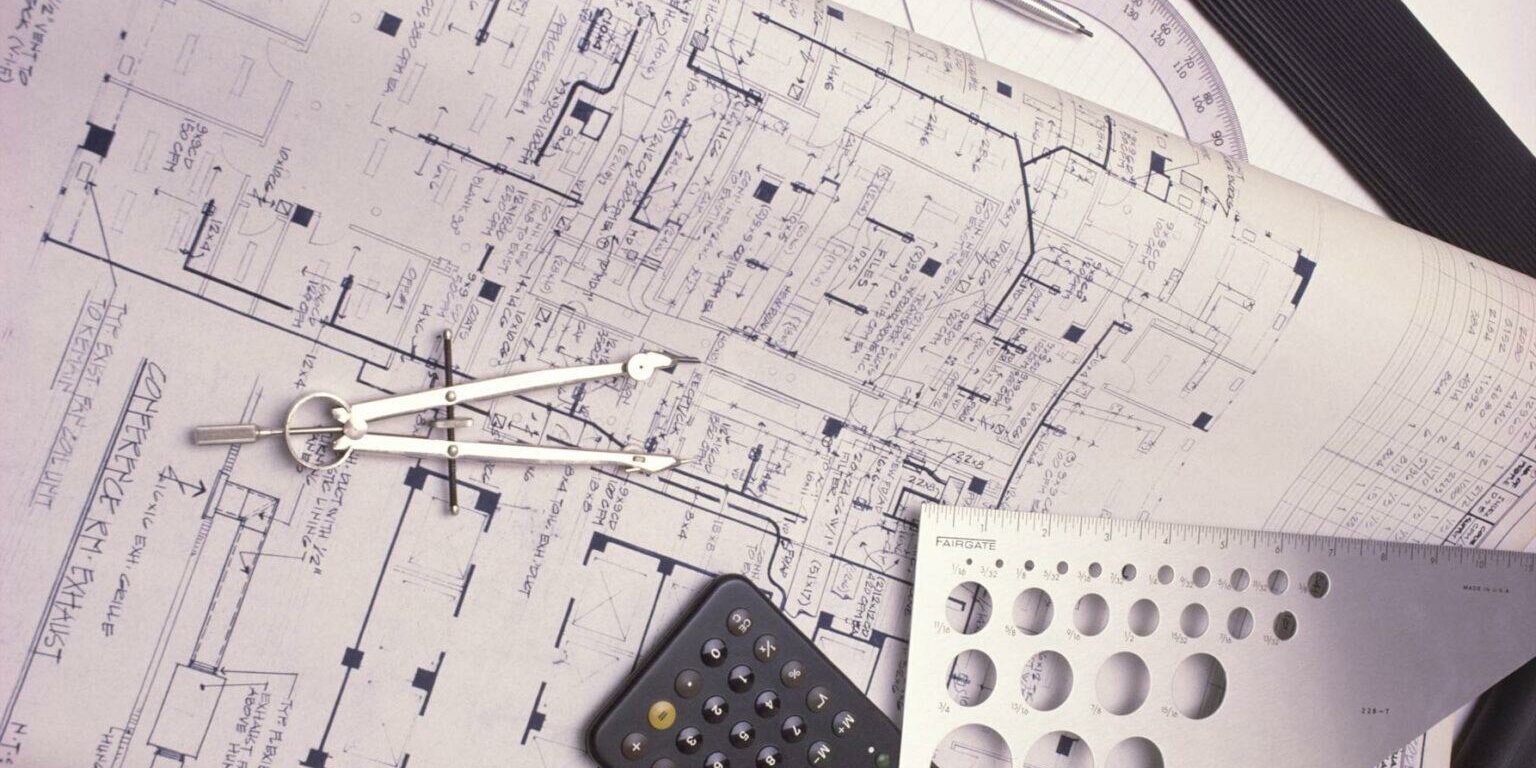One of the notable Massachusetts construction cases of 2017 will surely be Central Ceilings v. Suffolk Construction. This decision is important because the Court set aside a common and generally enforceable contractual no-damages-for-delay clause and, in doing so, distinguished between “delay damages” and “additional costs incurred to avoid delay.” Because no-damages-for-delay clauses seek to transfer significant risk associated with delay events, the case has garnered significant attention among construction lawyers.
The case involved a claim by Central Ceilings, a subcontractor on a public construction project at Westfield State University, against Suffolk Construction–the construction manager at risk. Central Ceilings claimed Suffolk failed to properly coordinate work and provide for timely delivery of materials that delayed and disrupted Central Ceilings’ subcontract work throughout the duration of the project. As a result, Central Ceilings was required to perform work out of sequence and work around numerous stacked trades at significant additional cost. Despite these impacts, Suffolk informed Central Ceilings that no time extensions would be given even though the scheduled start dates for Central Ceilings’ work were continuously pushed back, compressing Central Ceilings’ schedule. Notably, Suffolk’s contract with the project owner contained bonus provisions for timely completion as well as liquidated damages for late completion so Suffolk was incentivized to keep the project on schedule.
The Court set aside the contract’s no-damages-for-delay clause for two reasons. First, the Court determined that Suffolk’s refusal to grant time extensions eliminated Central Ceiling’s sole contractual remedy in the event of delay and in, and of itself, constituted a material breach of contact by Suffolk. Second, the Court held that the nature of Central Ceilings’ damages were not costs associated with its own delays but rather costs incurred because it was required to increase its workforce in order to complete the job on-time, i.e. costs incurred to avoid delay. In essence, the Court held that the no-damages-for-delay clause was inapplicable because Central Ceilings was unable to complete its work “on budget” rather than “on time.”
The case has been interpreted in at least one other published decision, Suntech of Conn. v. Lawrence Brunoli, Inc., 173 Conn.App. 321 (2017). In Suntech, a subcontractor argued it was entitled to compensation for extra work and delay damages as result of the prime contractor’s hinderance and interference. The plaintiff urged the court to follow Central Ceilings (at the time only the trial court proceedings had been concluded) and set aside the contract’s no-damages-for-delay clause. The Court declined to do so. Unlike Central Ceilings, the principal reasons for delay suffered by Suntech was a dispute between the owner and the project architect. Further, Suntech failed to offer credible evidence that the prime contractor prevented the plaintiff from performing the work in an orderly fashion, refused to consider requests for time extension, or was otherwise responsible for the delay.
Central Ceilings is clearly important and instructive for several reasons. It provides another guide post for owners, contractors, and subcontractors who draft and negotiate contracts and assert claims involving critically important no-damages-for-delay clauses. Clearly, these clauses–even where enforceable–are subject to attack based on the conduct of the parties and the facts and circumstances of the case. Contractual clauses that limit one party’s remedies must be carefully drafted to properly transfer the risk of delay. Further, these provisions must be carefully administered in the field so the enforcing party does not overstep its contractual rights as Suffolk did in this case. Suffolk’s blanket refusal to extend the time of performance for impacts caused by its own actions was unfair and rightfully determined to be a breach of the contract.
Owners and general contractors seeking to enforce no-damages-for-delay clause must be mindful that where a subcontractor has entitlement to seek an extension of time, such claims must be fully and carefully evaluated. That being said, the Central Ceilings decision is narrowly tailored to the facts of that particular case and should not be interpreted as a basis to attack all similar clauses or avoid the application of such clauses as a result of any delay, hinderance, or interference. I expect that additional cases will give further clarity in this regard.



